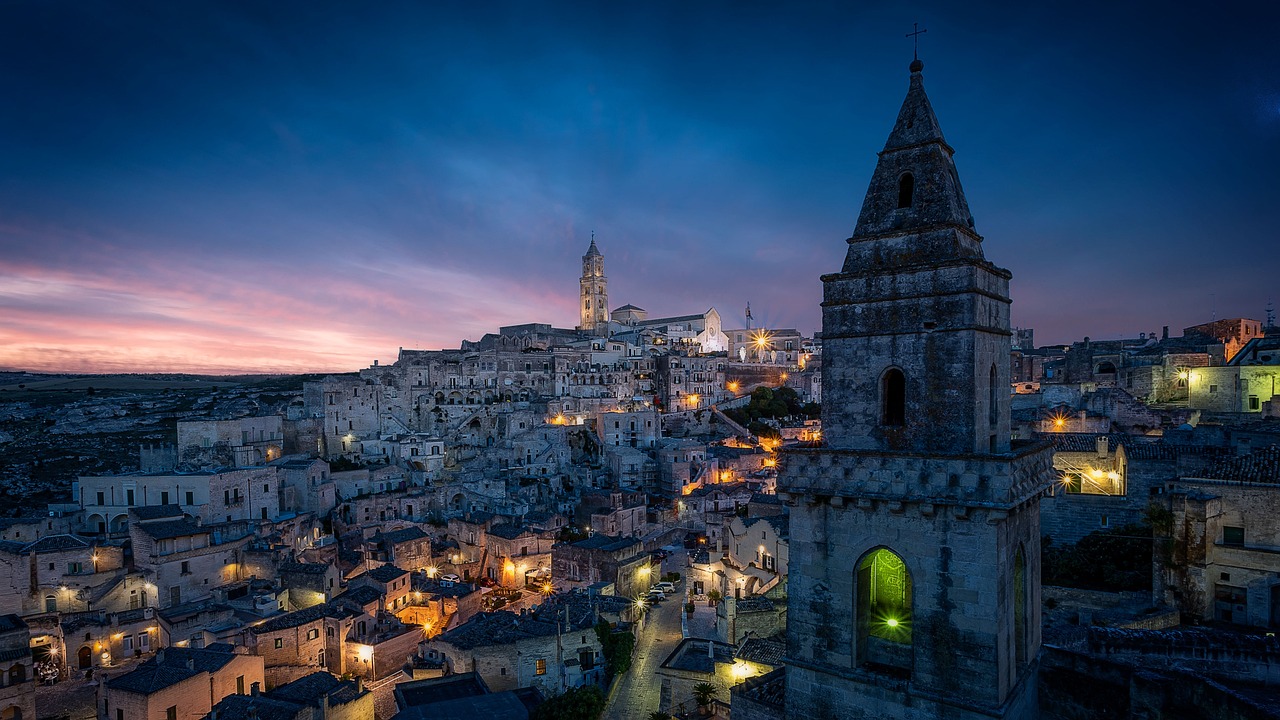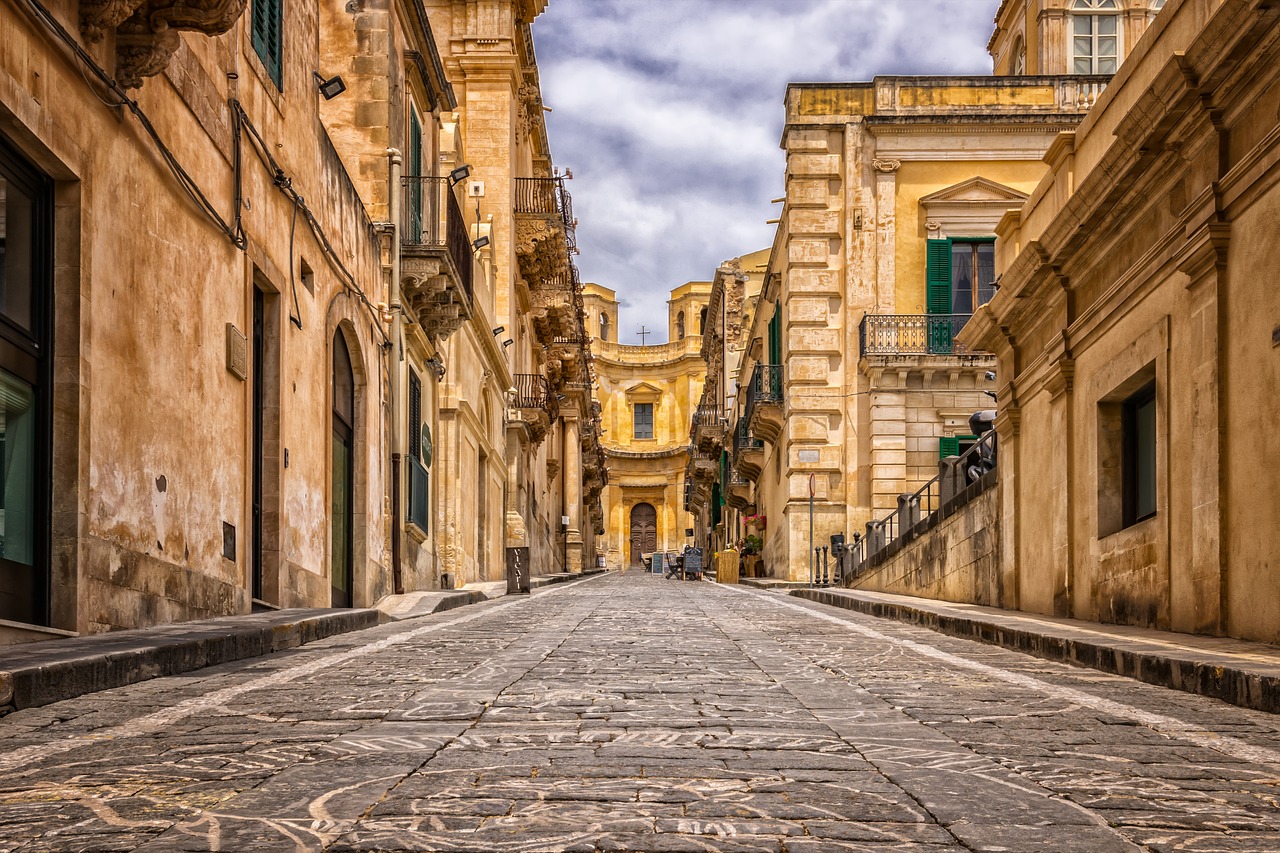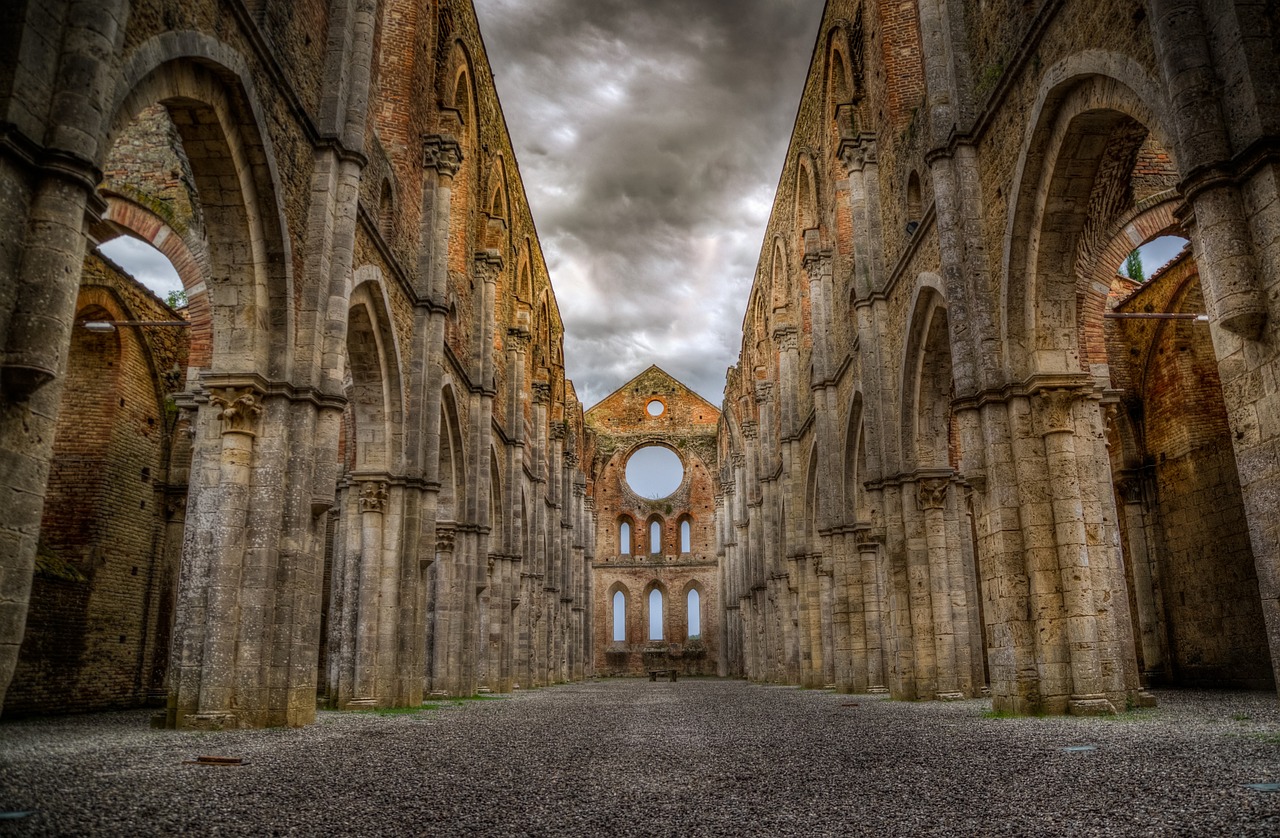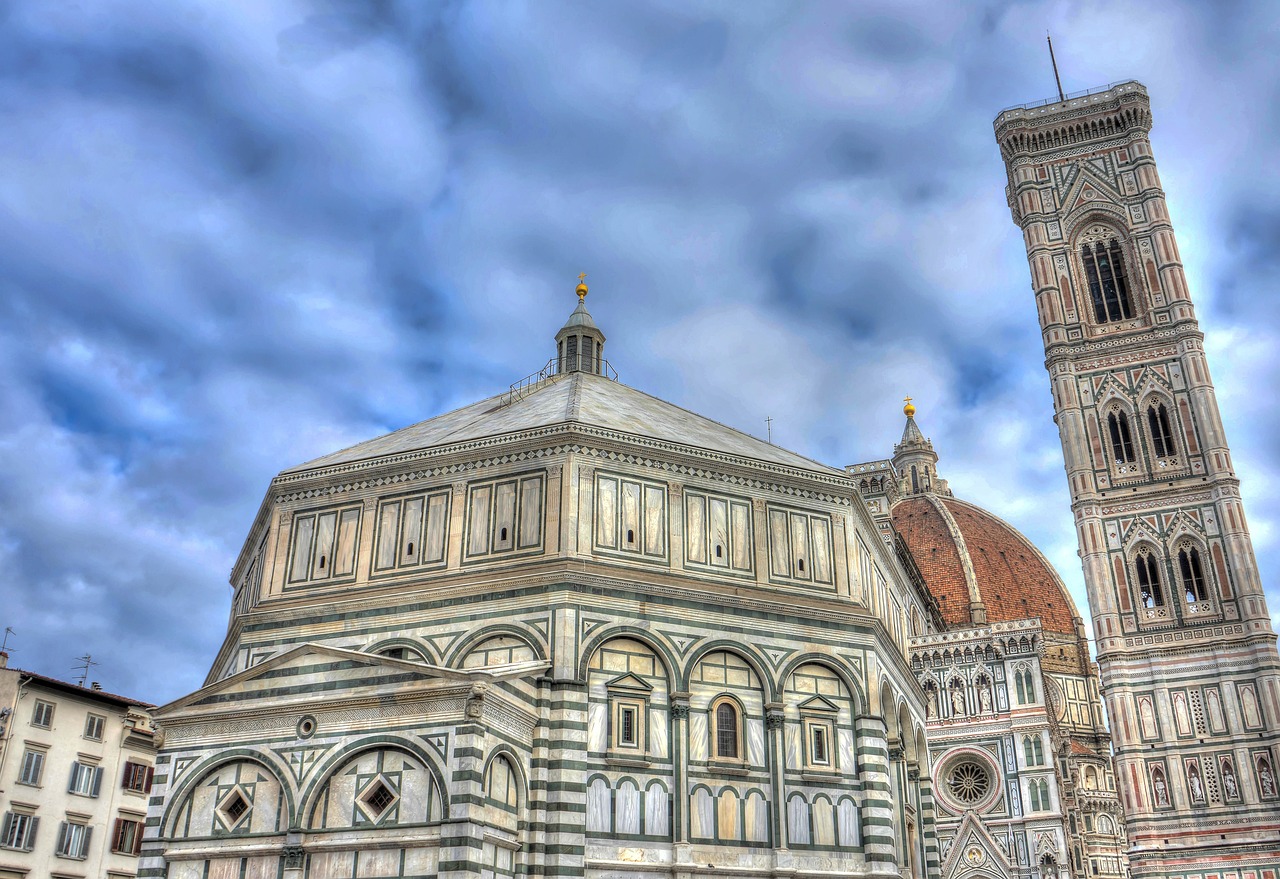Italy Video
Maintaining Work-Life Balance in Italy
Italy, with its rich cultural heritage, stunning landscapes, and delicious cuisine, is a country that offers a desirable work-life balance to its residents. Italians value their personal lives and prioritize leisure time, which is reflected in their working culture. In this article, we will explore various aspects of maintaining work-life balance in Italy and how Italians manage to enjoy their personal lives while excelling in their careers.
1. The Importance of Work-Life Balance in Italy
Maintaining a healthy work-life balance is highly valued in Italy. Italians believe that spending quality time with family and friends, pursuing hobbies and interests, and taking care of one’s physical and mental well-being are essential for overall happiness and satisfaction. The Italian government also recognizes the importance of work-life balance and has implemented policies to support it.
- Family Time: Italians prioritize spending time with their families. Family meals, gatherings, and vacations are highly cherished and often considered non-negotiable.
- Leisure Activities: Engaging in leisure activities such as sports, arts, and cultural events is an integral part of Italian lifestyle. Italians make time for hobbies and interests outside of work.
- Wellness and Relaxation: Italians value their physical and mental well-being. Taking breaks, enjoying vacations, and practicing self-care are considered essential for a balanced life.
2. Flexible Working Arrangements
In recent years, Italy has seen an increase in flexible working arrangements, which has contributed to a better work-life balance for many individuals. Companies are adopting policies such as remote work, flexible hours, and part-time options to accommodate employees’ personal needs and preferences.
- Remote Work: With advancements in technology, remote work has become more prevalent in Italy. This allows employees to work from home or other locations, reducing commuting time and increasing flexibility.
- Flexible Hours: Many companies in Italy offer flexible working hours, allowing employees to adjust their schedules according to their personal commitments and preferences.
- Part-Time Work: Part-time jobs are popular among individuals who seek a better work-life balance. This option allows them to dedicate more time to personal pursuits while still maintaining employment.
3. Generous Vacation Time
Italy is known for its generous vacation time, which contributes significantly to work-life balance. Italians prioritize taking time off to relax, unwind, and spend quality time with their loved ones.
- Annual Leave: Italian law mandates a minimum of four weeks of paid annual leave for employees. This allows individuals to take extended vacations and recharge.
- Public Holidays: Italy has numerous public holidays throughout the year, providing additional opportunities for extended breaks and leisure activities.
- Summer Break: Italians often take longer vacations during the summer months, with many businesses closing for a few weeks to allow employees to enjoy time off.
4. Embracing the Dolce Vita Lifestyle
The concept of “dolce vita” or the sweet life is deeply ingrained in Italian culture. Italians prioritize enjoying life’s pleasures and savoring the simple joys that come their way.
- Cuisine: Italians take great pride in their food and dining experiences. Sharing meals with loved ones and indulging in delicious Italian cuisine is an essential part of the Italian lifestyle.
- Art and Culture: Italy is renowned for its rich artistic and cultural heritage. Italians embrace the arts and regularly attend concerts, exhibitions, and theater performances.
- Outdoor Living: Italy’s beautiful landscapes inspire a love for outdoor activities. Italians enjoy spending time in parks, gardens, and seaside locations, engaging in sports and leisurely walks.
5. Prioritizing Health and Well-being
Maintaining good health and well-being is a fundamental aspect of work-life balance in Italy. Italians place importance on physical fitness, mental well-being, and overall self-care.
- Healthy Eating: The Mediterranean diet, rich in fresh fruits, vegetables, olive oil, and fish, is widely embraced in Italy. Italians prioritize nutritious meals and enjoy a balanced approach to eating.
- Outdoor Exercise: Italians incorporate physical activity into their daily routines. Walking, cycling, and participating in outdoor sports are common ways to stay active and maintain fitness.
- Relaxation and Mindfulness: Italians value relaxation techniques such as yoga, meditation, and spending time in nature. They recognize the importance of mental well-being and prioritize activities that promote relaxation and mindfulness.
6. Supportive Social Infrastructure
Italy’s social infrastructure plays a significant role in promoting work-life balance. The country offers various services and facilities that support individuals in managing their personal and professional lives effectively.
- Childcare Facilities: Italy provides a range of childcare options, including nurseries, kindergartens, and after-school programs, making it easier for parents to balance work and family responsibilities.
- Public Transportation: Italy has an extensive public transportation network, enabling efficient commuting and reducing stress associated with long commutes.
- Leisure Facilities: The country boasts numerous leisure facilities such as parks, sports centers, and cultural venues, providing individuals with opportunities to engage in recreational activities.
7. Embracing the Siesta Culture
The siesta culture, popular in some regions of Italy, allows individuals to take a break during the day to rest and recharge. This practice contributes to a better work-life balance by ensuring individuals have time to relax and rejuvenate.
- Afternoon Breaks: Many businesses in Italy observe a midday break, usually ranging from 1 to 3 hours. This break allows employees to rest, enjoy a leisurely meal, or spend time with family.
- Increased Productivity: Studies have shown that short breaks during the workday can enhance productivity and overall well-being, making the siesta culture beneficial for both employees and employers.
8. Cultural Appreciation
Italians have a deep appreciation for their cultural heritage and understand the importance of balancing work and personal life to fully experience and enjoy it.
- Artistic Pursuits: Italians often engage in artistic pursuits outside of work, such as painting, sculpting, or music. These creative outlets contribute to their overall well-being and work-life balance.
- Historical Exploration: Italy’s rich history and abundance of historical sites provide ample opportunities for exploration and learning. Italians take pride in visiting museums, archaeological sites, and cultural landmarks.
- Community Involvement: Italians actively participate in community events and celebrations, fostering a sense of belonging and connection.
Italy Image 1:

9. Establishing Boundaries
Setting clear boundaries between work and personal life is crucial for maintaining work-life balance. Italians understand the importance of separating the two and strive to establish healthy boundaries.
- Work-Life Integration: Italians aim to integrate work and personal life seamlessly, ensuring that one does not encroach upon the other excessively.
- Unplugging: Italians recognize the need to disconnect from work-related technology outside of working hours to fully enjoy their personal lives.
- Effective Time Management: Italians prioritize effective time management to maximize productivity during working hours and create dedicated time for personal pursuits.
10. Embracing Slow Living
The concept of “slow living” aligns well with the Italian lifestyle. Slow living encourages individuals to savor each moment, prioritize quality over quantity, and find joy in the simple pleasures of life.
- Enjoying Meals: Italians take their time to enjoy meals, savoring the flavors and engaging in conversations with family and friends.
- Relaxed Pace: Italians appreciate a more relaxed approach to life, avoiding excessive stress and embracing a slower pace.
- Appreciating Nature: Italy’s picturesque landscapes provide ample opportunities for individuals to connect with nature and experience moments of tranquility.
Italy Image 2:

11. Work-Life Balance Challenges
While Italy offers a favorable environment for work-life balance, there are still challenges that individuals may face. It is important to be aware of these challenges and find strategies to overcome them.
- Workload Expectations: Some industries in Italy may have high workload expectations, making it necessary for individuals to set boundaries and communicate their needs effectively.
- Cultural Norms: Certain cultural norms may prioritize work over personal life. It is essential to navigate these norms while maintaining one’s own work-life balance.
- Workplace Culture: Different workplaces may have varying attitudes towards work-life balance. It is important to find a workplace that aligns with personal values and priorities.
12. Conclusion
Italy’s emphasis on work-life balance, combined with its rich cultural heritage and appreciation for the good life, makes it an ideal destination for those seeking a fulfilling and balanced lifestyle. By prioritizing family, leisure, health, and personal pursuits, Italians have successfully integrated work and life, creating a harmonious existence that is both fulfilling and enjoyable.
Italy Image 3:

References
– www.italymagazine.com
– www.lifeinitaly.com
– www.italyheritage.com
– www.expatica.com


